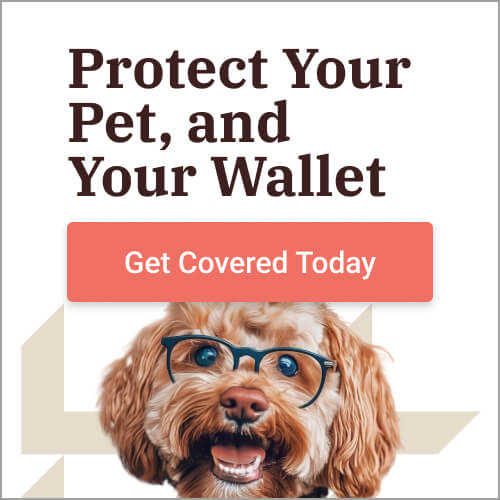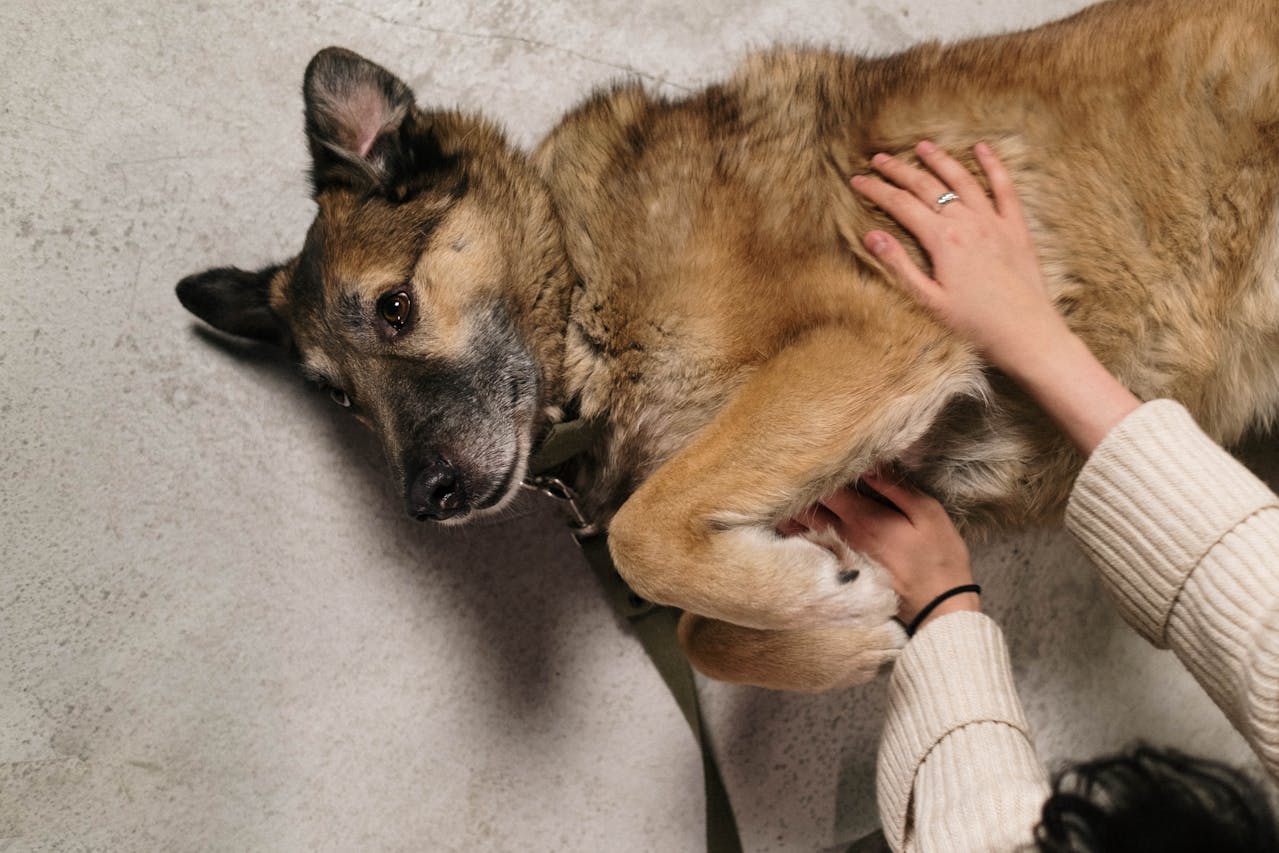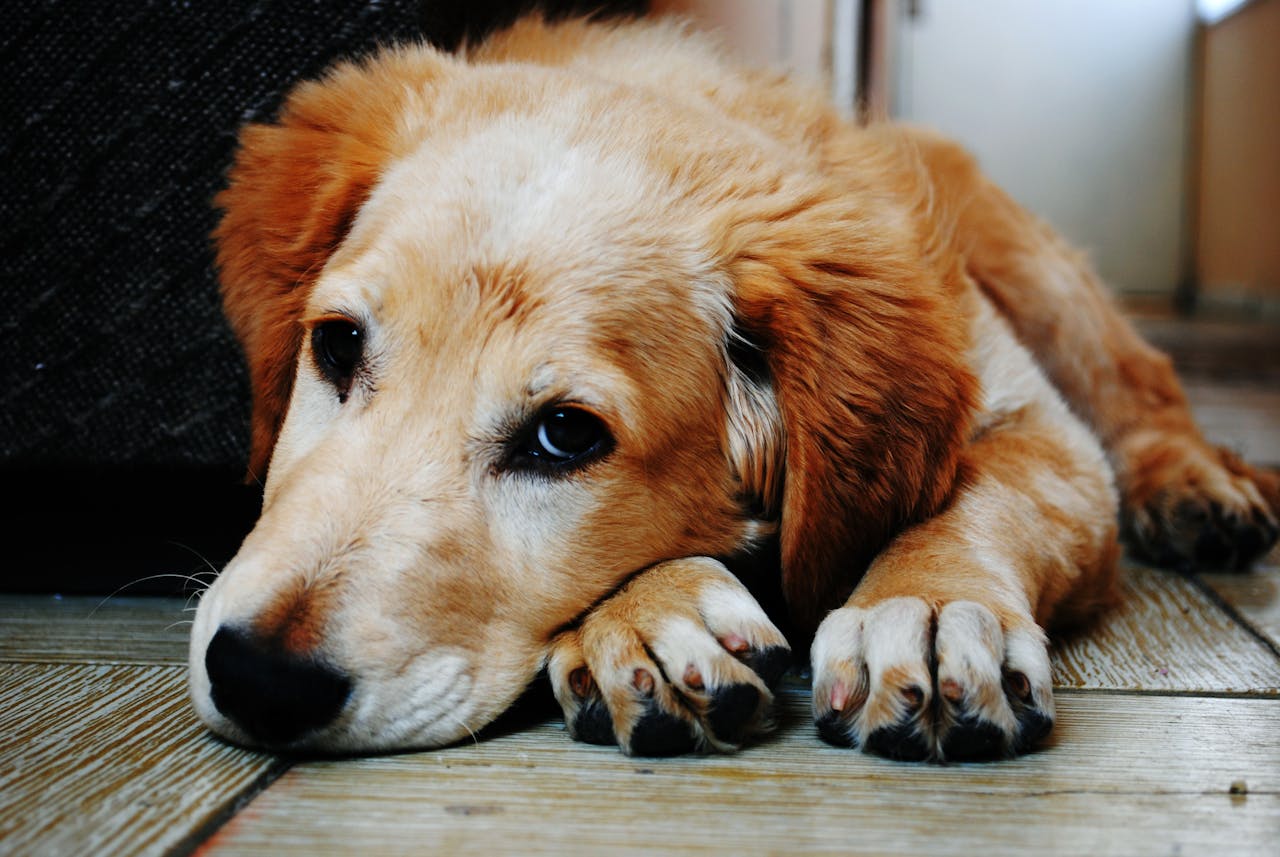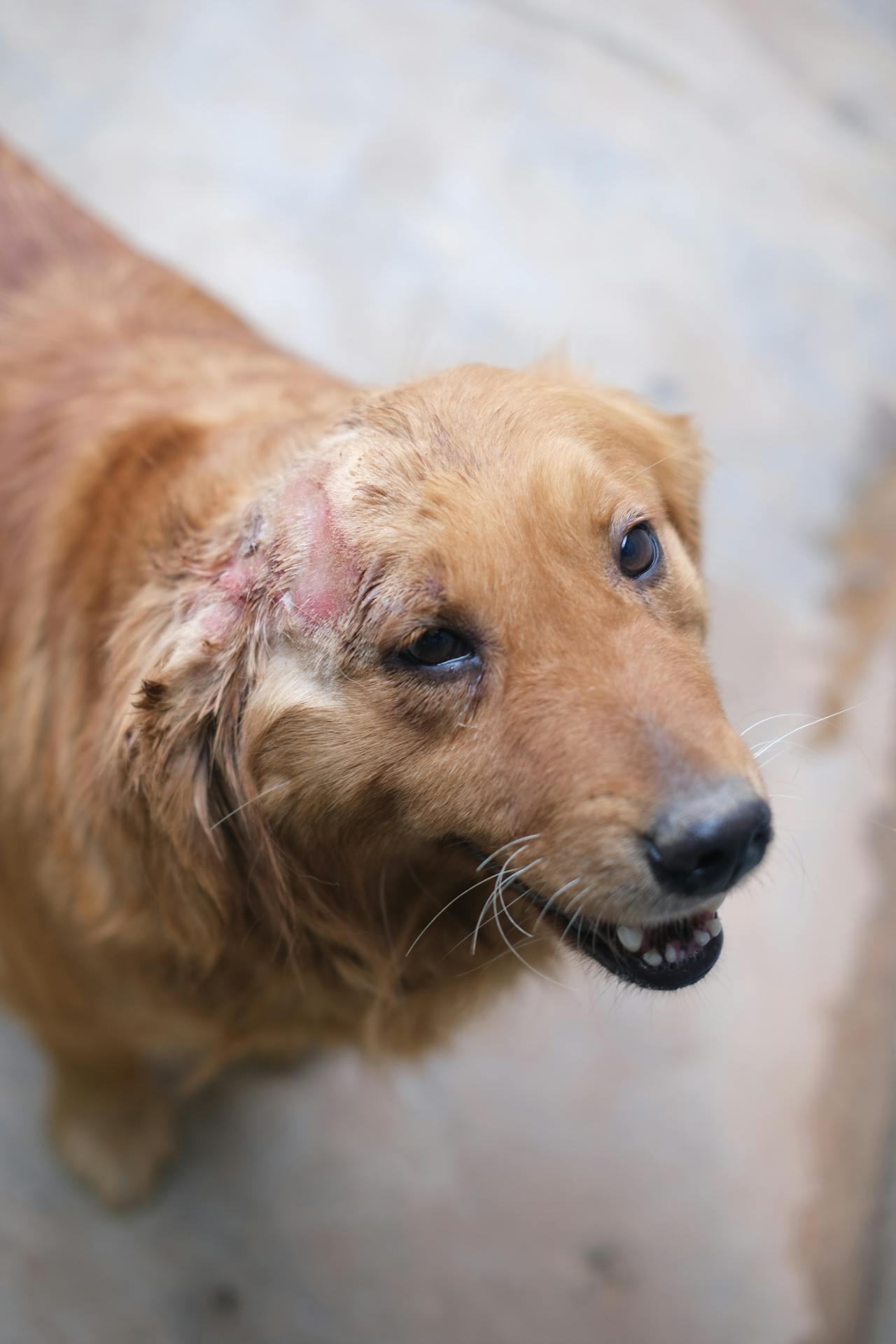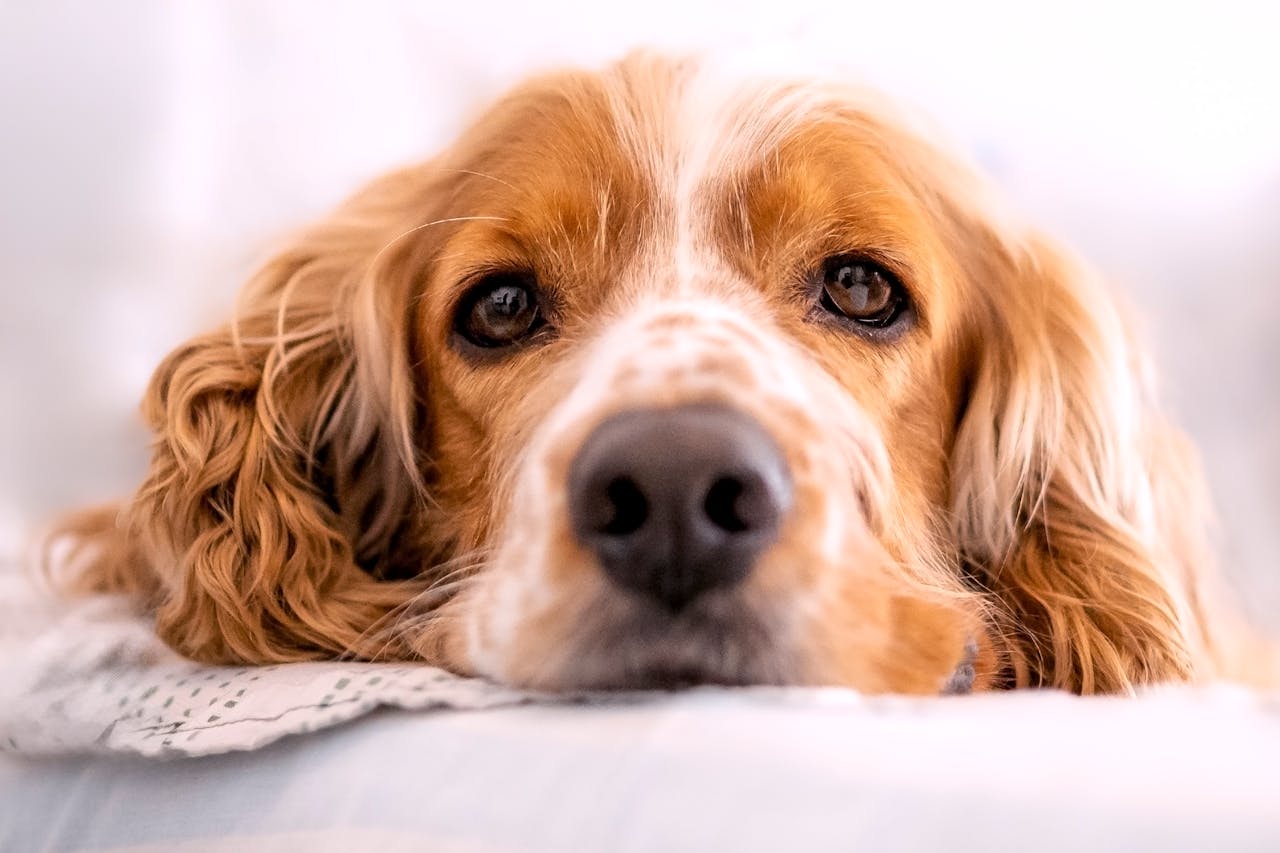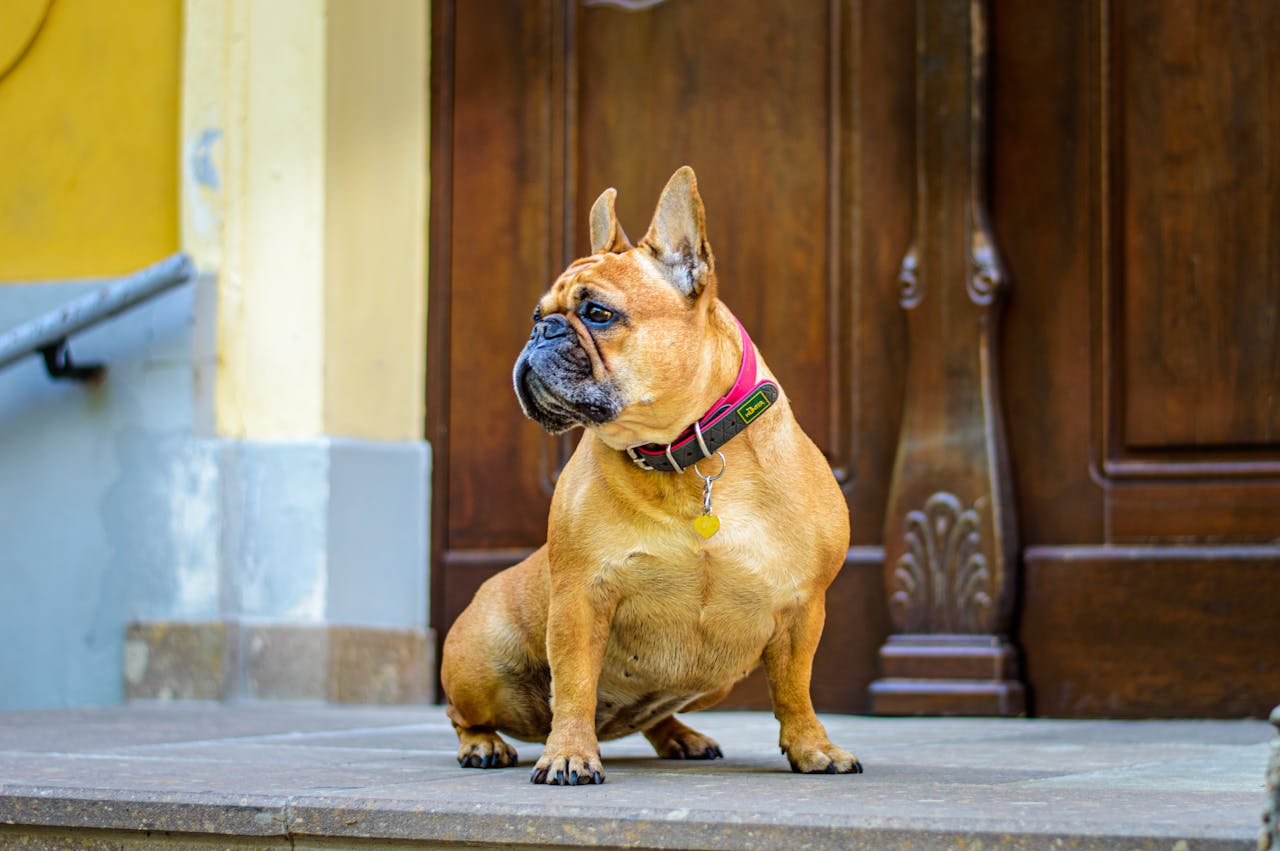Top 10 Most Common Puppy Accidents & 7 Ways To Keep Your Puppy Safe By Puppy Proofing Your Home
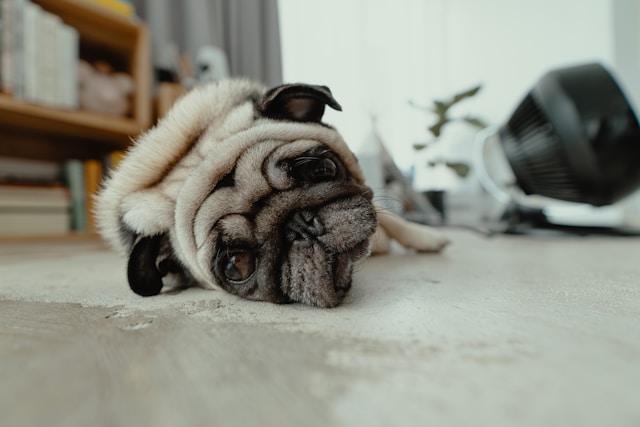
Soft Tissue Injuries
Soft tissue trauma in dogs refers to minor injuries to their muscles or joints, often resulting in limping. Distinguishing mild tissue trauma from more severe conditions like torn ligaments or broken bones is crucial, as the treatment can vary significantly.
Foreign Object Ingestion
Puppies, like toddlers, habitually put objects in their mouths. When swallowed, these objects can obstruct the stomach or small intestine, leading to severe health issues. Signs include vomiting and an inability to keep food or water down, requiring immediate veterinary attention.
Lacerations or Bite Wounds
Playful puppies may sustain bite wounds while interacting with other dogs, potentially leading to severe injuries. These wounds can damage blood vessels and nerves and even affect vital areas like the eyes, mouth, and chest. Infections from the bacteria in a dog's mouth can also exacerbate the situation, making prompt treatment essential.
Sprains
Active puppies often engage in vigorous physical activities that can strain their muscles and joints, resulting in sprains. If a puppy limps or yelps while walking, it's crucial to rule out more severe issues like ligament or tendon tears. In some cases, surgery may be necessary for recovery.
Insect Bites and Stings
Puppies can be susceptible to insect bites and stings, leading to discomfort and potential transmission of harmful bacteria, parasites, and viruses. Consult your veterinarian for proper treatment and relief.
Torn or Broken Nails
An unfortunate misstep or accident can lead to a painful torn nail in puppies. If the tear reaches the quickly and causes bleeding, it requires immediate attention. In some cases, the pin may need to be removed, with medications and bandaging aiding in healing.
Drug Toxicity or Overdose
Accidental poisoning from ingesting medications, including those flavored to appeal to dogs, is a common concern. Household drugs like ibuprofen and acetaminophen can be toxic to dogs. Urgent veterinary care is necessary if you suspect your puppy has consumed any medications.
Eye Trauma
Puppies can experience eye injuries through various activities, including play and running. Symptoms may include excessive pawing, rapid blinking, swelling, or eye inflammation. Seek veterinary assistance to address eye trauma promptly.
Oral Trauma or Fractured Tooth
Puppies may break their teeth due to trauma or chewing on hard objects. Immediate veterinary care is essential to prevent bacterial infections, which can spread to vital organs if left untreated.
Plant Toxicity/Poisoning
Puppies are prone to ingesting toxic plants, leading to a range of health issues, from mild nausea to severe toxicity or even death. The impact depends on factors such as the specific plant, the quantity ingested, and the pet's size. To safeguard your puppy, be informed about the plants that can pose a threat and ensure a safe environment.
Always consult your veterinarian if you suspect your puppy is experiencing these health concerns for proper diagnosis and treatment.
How to Create a Puppy-Safe Environment at Home
Before bringing your new puppy into your home, it's essential to take certain precautions to ensure their safety. Puppies are naturally curious and can get into all sorts of trouble. Follow these eight steps to puppy-proof your house and provide a secure environment for your new furry family member:
- See from Your Puppy's Perspective: Get down on all fours and examine your home from your puppy's point of view. Look for potential hazards, such as objects they might chew on, small spaces they could squeeze through, or items they could get tangled in.
- Protect Electrical Cords: Puppies often see electrical cords as chew toys. Use heavy furniture to block access to cords, or invest in cord protectors to keep them out of reach.
- Secure Stairs: Block access to stairways using pet gates to prevent accidents and injuries from falls.
- Store Food Safely: Keep human food, especially toxic items for dogs and your pup's food, in secure containers to prevent overeating or ingesting harmful substances.
- Secure Trash Cans: Dogs are skilled at getting into trash cans, so store them behind closed doors or invest in pet-proof cans to avoid messes and potential hazards.
- Safeguard Medications: Store all medications, whether for your dog or yourself, in a secure location out of your puppy's reach.
- Keep Cleaning Supplies Handy: Have pet cleaning supplies readily available for quick clean-ups, but ensure they are stored out of your puppy's reach.
- Puppy-Proof Your Yard: If you have a backyard, ensure it is fenced securely with no small gaps or weak spots your puppy can escape through. Remove poisonous plants and mushrooms, fence off swimming pools, and avoid using harmful chemicals. Provide access to water and shade.
As you spend time with your puppy, you will become familiar with their specific behaviors and tendencies, allowing you to make additional adjustments to your home accordingly. Remember that a well-puppy-proof home keeps your furry friend safe and provides peace of mind for you as a responsible pet owner.
Get insurance plans with wide-ranging coverage options







